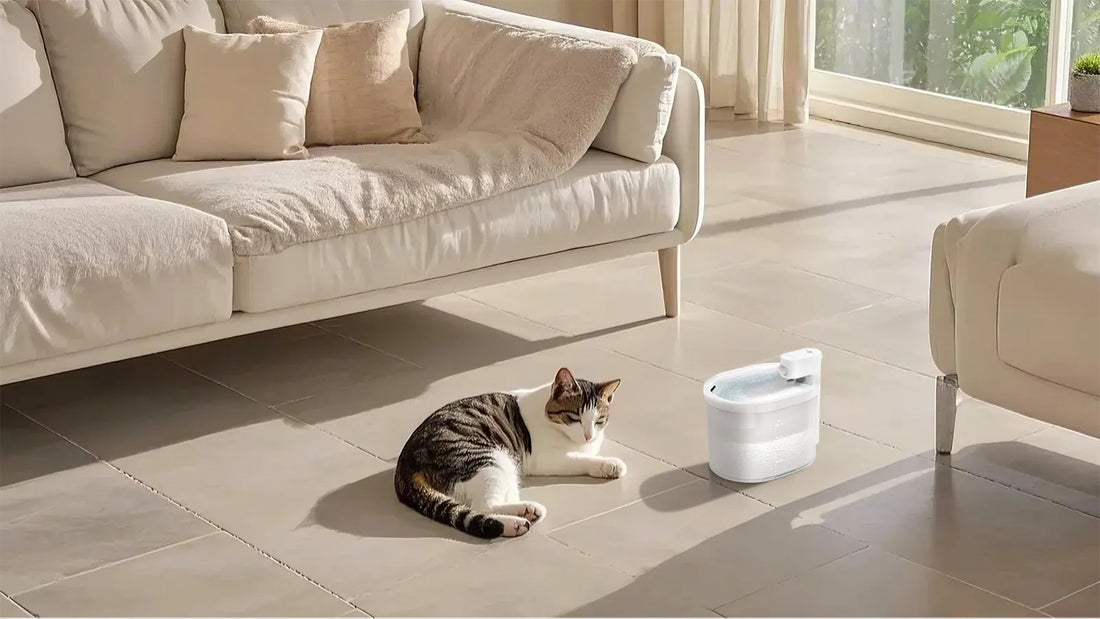Does your dog seem to have an endless supply of energy? If you find yourself constantly saying, 'My dog wants to play all the time,' you're not alone. Many pet owners face this challenge, especially with high-energy breeds. While it's great that your furry friend is active and enthusiastic, managing their playtime can sometimes feel overwhelming. This article dives into the reasons behind your dog's constant desire to play and offers actionable strategies to keep them entertained and balanced.
Why Does My Dog Want to Play All the Time?
Understanding the root cause of your dog's boundless energy is the first step toward managing it effectively. Dogs are naturally playful creatures, and their desire to play stems from a combination of instinct, breed characteristics, and individual personality. Here are some common reasons why your dog might want to play all the time:
- Breed Traits: Certain breeds, such as Border Collies, Labrador Retrievers, and Jack Russell Terriers, are known for their high energy levels and need for constant stimulation.
- Age: Puppies and young dogs have more energy and require frequent playtime to burn it off.
- Lack of Mental Stimulation: Dogs need both physical and mental exercise. If they're not mentally challenged, they may resort to excessive play to keep themselves occupied.
- Attention-Seeking Behavior: Dogs are social animals and may use play as a way to get your attention.
The Importance of Play for Dogs
Play is essential for your dog's overall well-being. It helps them stay physically fit, mentally sharp, and emotionally balanced. Regular playtime can also strengthen the bond between you and your pet. Here are some key benefits of play for dogs:
- Physical Exercise: Play helps dogs maintain a healthy weight and improves their cardiovascular health.
- Mental Stimulation: Interactive games and puzzles can keep your dog's mind engaged and prevent boredom.
- Socialization: Playing with other dogs or people can improve your dog's social skills and reduce anxiety.
- Stress Relief: Play can be a great way for dogs to release pent-up energy and reduce stress.
How to Manage Your Dog's Constant Desire to Play
While play is important, it's equally crucial to ensure that your dog's energy is channeled in a healthy and manageable way. Here are some practical tips to help you strike the right balance:
1. Establish a Routine
Dogs thrive on routine. Set specific times for play, exercise, and rest. This helps your dog understand when it's time to be active and when it's time to relax.
2. Provide Mental Stimulation
Incorporate activities that challenge your dog's mind, such as puzzle toys, obedience training, or scent games. Mental stimulation can tire your dog out just as much as physical exercise.
3. Use Interactive Toys
Interactive toys can keep your dog entertained when you're not available to play. Look for toys that encourage problem-solving or mimic prey-like movements.
4. Enroll in Training Classes
Training classes not only teach your dog new skills but also provide an outlet for their energy. Plus, it's a great way to bond with your pet.
5. Consider Doggy Daycare or Playdates
If your dog loves socializing, consider enrolling them in doggy daycare or arranging playdates with other dogs. This can help them burn off energy while having fun with their peers.
6. Teach Calmness
Training your dog to settle down on command can be incredibly helpful. Use positive reinforcement to reward calm behavior and gradually increase the duration of quiet time.
Signs Your Dog Might Be Overdoing It
While play is beneficial, it's important to recognize when your dog might be overexerting themselves. Here are some signs to watch out for:
- Excessive Panting: If your dog is panting heavily even after resting, they might be overdoing it.
- Limping or Soreness: Overexertion can lead to muscle strain or joint issues.
- Irritability: A tired dog might become irritable or less responsive to commands.
- Changes in Appetite: Overexertion can sometimes lead to a loss of appetite.
When to Seek Professional Help
If your dog's constant desire to play is affecting their health or your daily life, it might be time to consult a professional. A veterinarian or a certified dog behaviorist can help identify any underlying issues and provide tailored solutions.
Managing a dog that wants to play all the time can be challenging, but with the right strategies, you can ensure they stay happy, healthy, and well-balanced. By understanding their needs and providing appropriate outlets for their energy, you can create a harmonious environment for both you and your furry friend. So, the next time your dog brings you their favorite toy, you'll know exactly how to respond!













